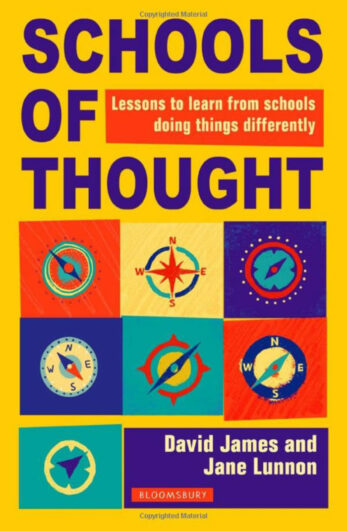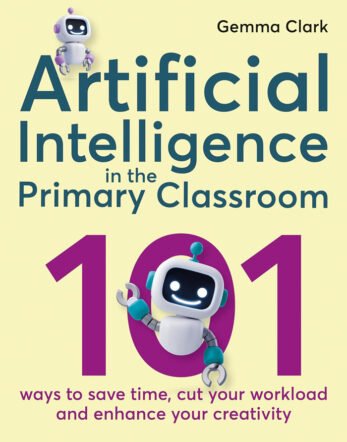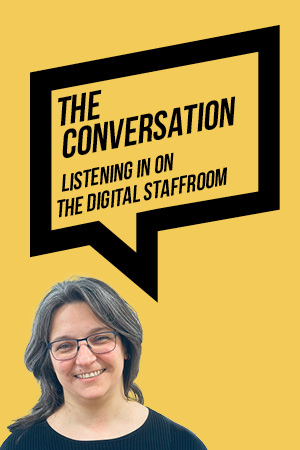Our guest blog reviewer of the week is Emma Hardy, primary school teacher and union activist (@emmaannhardy)
Since Liz Truss’s speech referring to the link between “false differentiation” and teachers having low expectations an increasing number of teachers are discussing why and how we differentiate. In this blog David Fawcett argues that differentiation need not be time-consuming, but that it is unrealistic to plan for each child individually. He challenges our understanding of what differentiation is, saying: “Don’t make the task easier, make the thinking easier.” Following his argument, he sets out 12 practical and adaptable ways he uses to ensures all children achieve in his classroom.
Why I don’t like the notion of ‘significant groups’? : @MissDCox
In another example of tail-wagging-dog Miss Cox illustrates how government policy — this time the pupil premium and Ofsted requirements — are leading to unnecessary ‘significant groups’ in her classroom. Her powerful and sensible argument is that intervention should be based solely on a child’s needs. She writes: “I had free school meals for a couple of years at high school. I would have been mortified if I’d known that was the only reason why a teacher or the school show ‘extra’ interest in me. I would’ve hoped it would have been because I, like any other peer, may have been underachieving, not because I got a free lunch.”
How do you explain a concept like growth mindset’? : @joeybagstock
For those who want to learn more about the concept of growth mindset, Joe provides a straightforward guide to the way he introduces it to pupils in his school. His honesty in depicting his pupils and recognition that much of the growth mindset approach is common sense is both refreshing and reassuring. The concrete proof he provides that hard work and perseverance reap rewards is inspiring.
Don’t stop the music: starting on the wrong note? : @jackieschneider
Jackie Schneider’s passion for music in primary schools is evident in everything she writes. This blog arrived at the same time as a petition asking the government to ensure every child has the opportunity to learn an instrument following the Channel 4 documentary “Don’t Stop The Music.” As well as advising teachers where music education should start Jackie also gives names and organisations to help. If we want long-lasting change, she argues, four problems in primary music teaching need addressing even before pupils are given instruments.
She writes: “I fear that in schools across the country, as clarinets and cellos break or decay through lack of proper care, or are found to be simply too big for small hands…many of these instruments will end up shut away in cupboards unused…[and] we will find ourselves no closer to delivering a real music education in our schools.”
I did never know so full a voice issue from so empty a heart : @theprimaryhead
In this very amusing and light-hearted article Tim discusses whether primary teachers use a different voice when speaking to children. His glib reference to the lack of evidence for the way we should speak to children highlights the fact that so many decisions we make are solely based upon our own prejudices. In a toe-curling and amusing way Primary Head creates a questionnaire to enable us to identity if we have a ‘teacher voice.’
He writes: “My voice becomes more of a strangled harsh bark of the highest register and my vowels come out shorter than your average consonant, unless the word I’m saying is a ‘filler’ word, in which case the vowel sound will be stretched to such an extent it makes a Reception phonic lesson sound like a condensed rap performed by Alvin and his band of chipmunks: Noooowwwwww, riiiiiiight, okaaaaaaayyyyyy, liiiiiisten pleeeeeaaaaase.”







